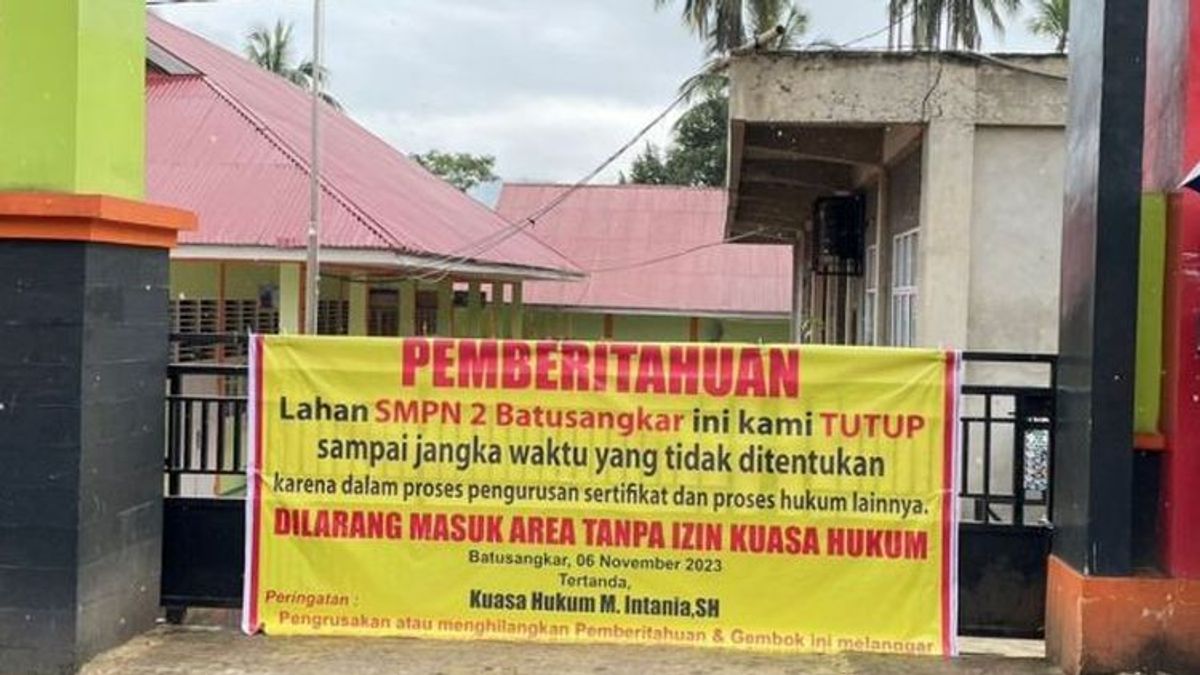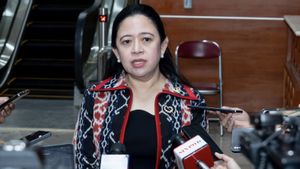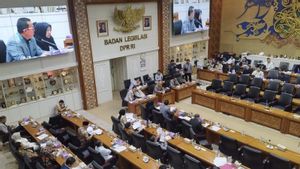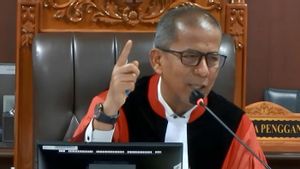JAKARTA Putting forward the rights of children who attend school should be carried out by disputed parties, because this concerns their future. This is what criminal law observer Farizal Pranata Bahri said in response to the case of re-occurrence of school land disputes.
Several classrooms at SDN 061 Tapparang in Polewali Mandar (Polman) Regency, West Sulawesi (Sulbar) were sealed by a resident named Solihin. He claimed to be the owner of some of the land on which the school building was built.
There were four classroom doors that were sealed with wood, while the office door was sealed using two cross boards. As a result of the sealing, dozens of students who returned to school after the New Year holidays were forced to do teaching and learning activities outside the classroom.
School sealing incidents quite often occur in a number of areas in Indonesia. The public also wondered why cases like this often recur. In fact, the local government should have taken care of land certificates before building a school where students study.
A similar case has also been experienced by SMPN 2 Batusangkar and SDN 20 Batusangkar which were closed due to land disputes in November 2023. At that time, the teaching and learning process was temporarily transferred to the local Regional Library.
According to Farizal, land disputes usually occur because the status of the school's establishment land is not clear who is the owner. This is because the land that is used as a school is the result of grants, wills, or the transfer process for land transfer orruislag.
"In some areas, asset data collection is not yet disciplined, so there are frequent ownership disputes. This should be a lesson for every local government that asset inventory needs to be done immediately," said Farizal when contacted by VOI.
To examine asset ownership, it can be checked through the respective regional asset bodies so that the legal position is clear.
In some cases, the dispute over school land occurred because of the heirs claiming the land built by the school as the recipient of the grant from the previous owner who had died. In other cases, land disputes also occurred due to an unwritten overturning exchange.
Farizal said, when a plot of land is used as a grant for school construction, it should be immediately handled with written documents to avoid land disputes by the heirs because the previous owner died.
"The transfer of rights must be strictly and in writing and be registered with the BPN (National Land Agency) so that there is no conflict in the future," Farizal explained.
Farizal added that the Education Office or other related parties could sue those claiming to be land owners, as long as the basis for land ownership has a clear basis, which has been registered with the regional asset body.
The problem of dispute over school land in several areas that led to disruption of the teaching and learning process for children has attracted the attention of the Speaker of the DPR, Puan Maharani. He urged the government to immediately address the problem so as not to disturb children in school.
"The government must find solutions from schools experiencing land disputes. It can go through mediation with land owners or heirs, or provide other places so that children can still study at school," said Puan, quoted by the official website of the DPR RI.
"Our children who are still enthusiastic about learning with limited places must be the government's attention. Don't let this incident continue, there must be concrete steps from the local government to find a decent building," said the former Coordinating Minister for Human Development and Culture.
Puan added that learning activities in open spaces not only affect the quality of student education. He said the situation could also have an impact on the physical and psychological well-being of children.
"Learning in open spaces or inadequate places can disrupt concentration and create additional burdens on students who should focus on learning," said the first woman who served as Chair of the DPR RI.
Puan reminded that education is the best investment that can be given to the nation's future successors. Therefore, the government must have a commitment to fulfill children's rights in obtaining education without obstacles.
SEE ALSO:
"We hope that with a swift action from the Government, the problem of disrupting the teaching and learning process, whatever it takes, will be quickly resolved. The state is obliged to provide a safe and comfortable learning environment," he said.
On the other hand, Farizal emphasized that dispute resolution can be done with two things, namely litigation and non-litigation. Non-litigation can be done by deliberation and consensus, but if no bright spot is found, a judicial process can be carried out.
"The two settlements, of course, between the reporting party and the reported party, must both prioritize children's rights by opening access to education without having to close schools, because this is detrimental to their future and can create prolonged psychological trauma," said Farizal, owner of the legal firm JFB Indonesia Legal Consultant.
The English, Chinese, Japanese, Arabic, and French versions are automatically generated by the AI. So there may still be inaccuracies in translating, please always see Indonesian as our main language. (system supported by DigitalSiber.id)














